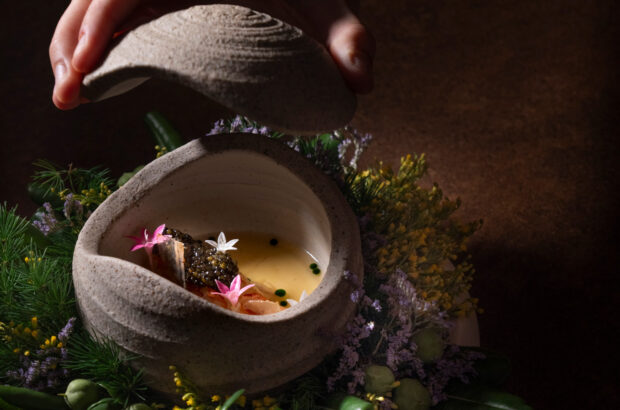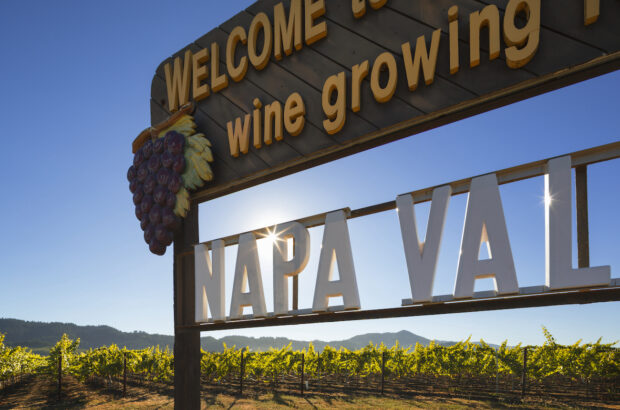Margaret River wine producers are fighting a continuous battle to protect their region, as further mining proposals and new brewery developments encroach on vineland.
Cullen: ‘concerned’
The Margaret River agricultural community is gearing up to protest against Perth-based Western Coal’s exploration plans at a court hearing scheduled for 29 September.
Western Coal was granted an exploration licence in April to asses the viability of mining in the region, a decision which will be protested by Save Our Southwest, a coalition of dairy farmers, beef farmers, goat farmers, avocado growers, wine makers, grape growers, and ‘everyone who lives in the Capes who depend on groundwater for our future’, the organisation said.
In March 2011, the company Vasse Coal was refused permission to start mining within 15Km of Margaret River by the Western Australia Environmental Protection Agency.
But wineries are awaiting the state’s decision on whether to allow offshore gas and oil mining along the region’s coastline, and new plans to mine coal in the Vasse Coal Shelf in an area north of Margaret River.
Nick Power, CEO of the Margaret River Wine Association (MRWA) confirmed that The Australian federal government had offered offshore mining exploration leases throughout the country, although no applications had been received to date.
At the same time, Vanya Cullen of Cullen Wines is concerned about a microbrewery being built adjacent to her vineyards.
In September 2010 she petitioned the State Administrative Tribunal to stop the Cheeky Monkey Brewery being built on the basis that there was a serious risk of yeast contamination, causing ‘irreversible damage’ and even the possibility of ‘beer-like flavours’ developing in the wines.
After a lengthy legal dispute, the parent company, Wiseowl Investments, won its case and has announced that the brewery will open in December 2011.
Cullen said the brewery had put forward a proposal to study indigenous yeasts to gain an understanding of what happens and how beer yeast and wine yeasts interacts.
‘But this understanding will not come before the brewery is operational this year. We have built a solid fence and have planted casurina trees to try and stop beer yeasts contaminating our wines but without the research, we do not know what to do really’, Cullen told decanter.com.
Concerned that the decision could set a dangerous precedent, she added – ‘Unfortunately, there are many breweries proposed for the region. This is fine but not next door to the vineyards and wineries’
Written by James Lawrence







